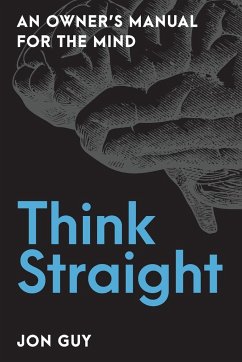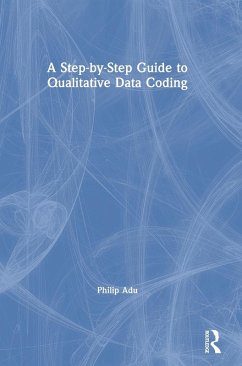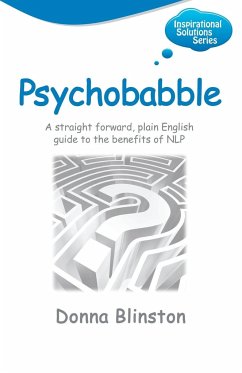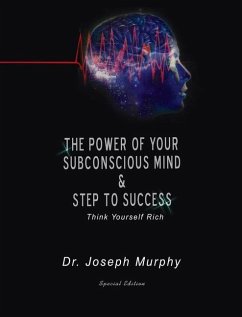Nicht lieferbar
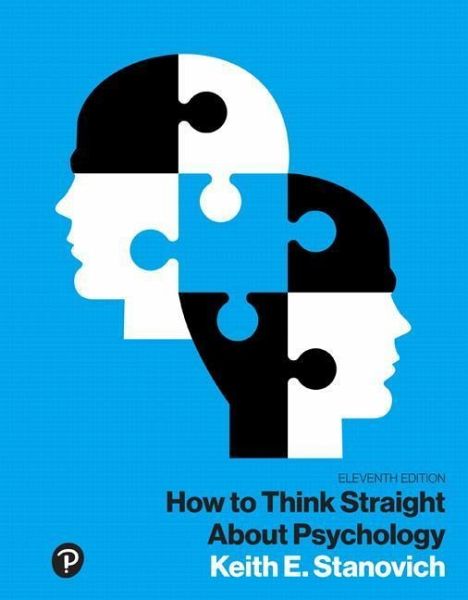
How to Think Straight about Psychology
NOTE: This edition features the same content as the traditional text in a convenient, three-hole-punched, loose-leaf version. Books a la Carte also offer a great value; this format costs significantly less than a new textbook. Before purchasing, check with your instructor or review your course syllabus to ensure that you select the correct ISBN. For courses in introductory psychology, critical thinking, and research and experimental methods. Market-leading consumer's guide to assessing psychological claims Widely used and highly acclaimed, How to Think Straight About Psychology introduces stud...
NOTE: This edition features the same content as the traditional text in a convenient, three-hole-punched, loose-leaf version. Books a la Carte also offer a great value; this format costs significantly less than a new textbook. Before purchasing, check with your instructor or review your course syllabus to ensure that you select the correct ISBN. For courses in introductory psychology, critical thinking, and research and experimental methods. Market-leading consumer's guide to assessing psychological claims Widely used and highly acclaimed, How to Think Straight About Psychology introduces students to the critical thinking skills they need to independently evaluate psychological information. Students will learn to analyze psychological claims found in the media, distinguish between pseudoscience and true psychological research, and apply psychological knowledge to the world around them. The 11th edition covers an extensive range of new topics and examples illustrating psychological principles, pseudoscience, and issues obscuring the real and growing knowledge base in the field of psychology.





